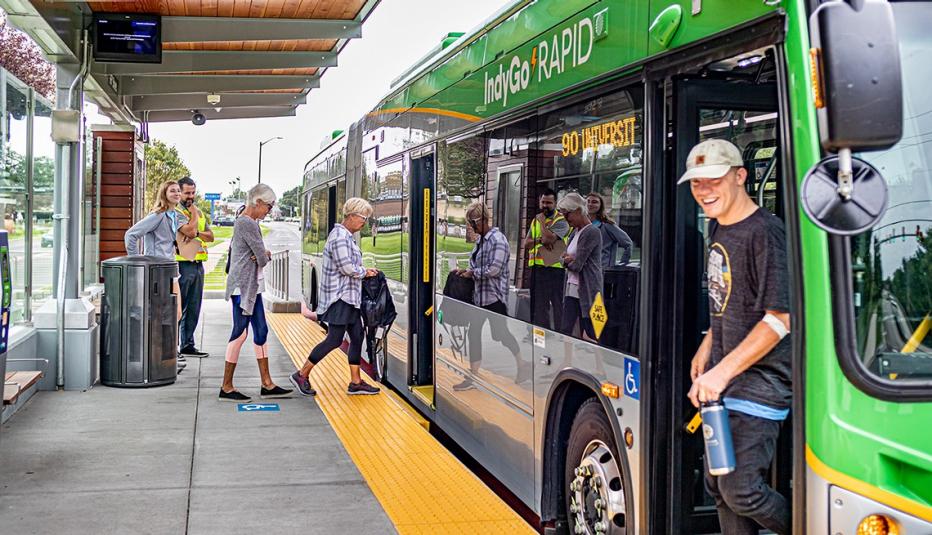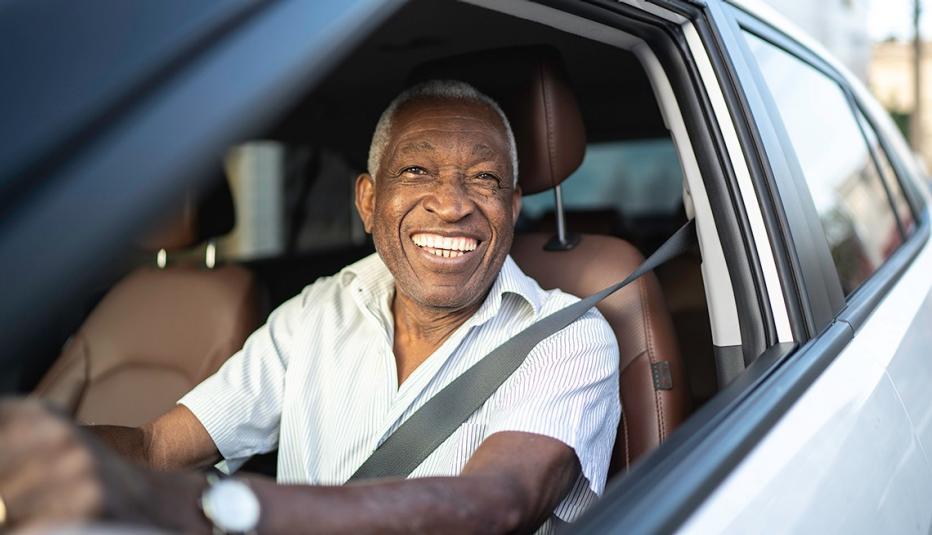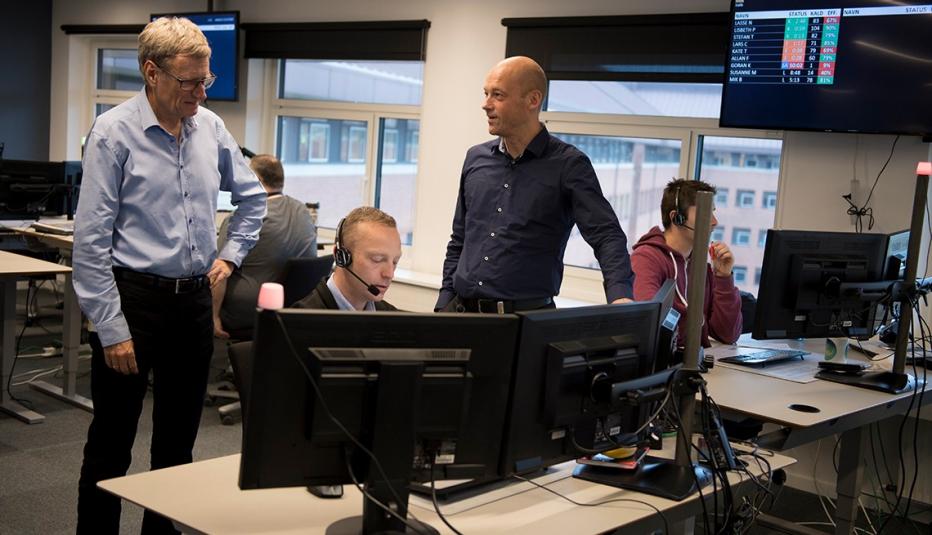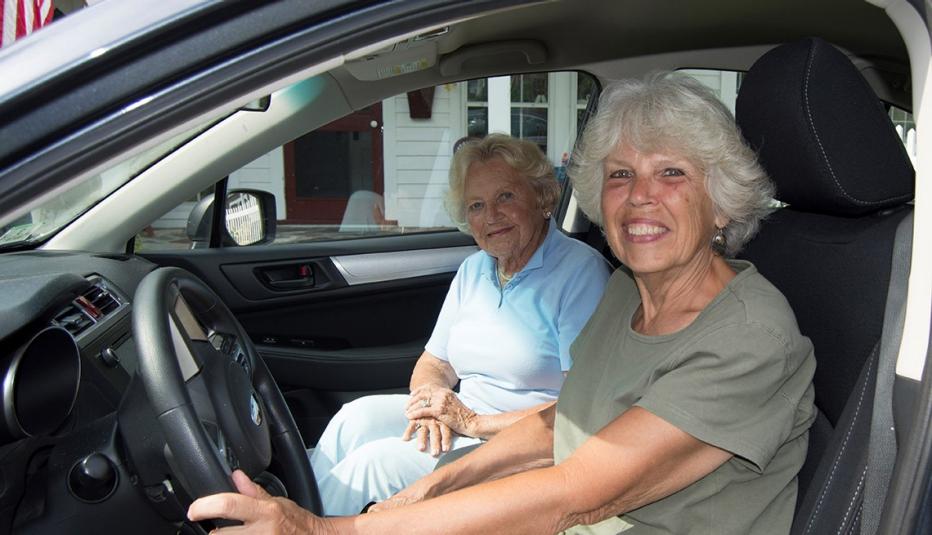AARP Hearing Center
Expanding and modernizing existing public transit in Indianapolis and throughout Marion County has strong support, according to a recent AARP survey of registered voters there.


IndyGo, the region’s rapid bus system, would benefit from improvements including upgraded sidewalks, crosswalks, and bus stops, as well as adding dedicated bus lanes to roads, a majority of voters in Marion County said. The survey comes at a time when legislators are considering overturning a 2016 referendum to fund upgrades to IndyGo aimed at boosting connectivity, travel times, and economic growth in the region. In 2016, Indiana voters overwhelmingly supported the effort.
Building a robust network
Preserving the original referendum, which is now being reconsidered through proposed state legislation to halt the expansion and upgrades, is supported by 69 percent of registered voters, according to the AARP survey. Further, 81 percent of voters believe that expanding IndyGo has benefits beyond Marion County, which includes the city of Indianapolis. This expansion includes plans to connect Indianapolis to Greenwood, Carmel, Lawrence, Cumberland, and the Indianapolis International Airport.
When asked about the efforts to reverse the referendum, 63 percent said they are opposed, with most voicing strong opposition. More than half of voters (52 percent) said they would vote for a political candidate who supports the IndyGo expansion.
Besides economic benefits through attracting more businesses, large conventions, and major sporting events, expanding public transit would also help older residents, veterans, and people with disabilities get to critical destinations like work, school, and medical appointments, according to advocates.
The survey also found strong interest in a robust, comprehensive transportation network beyond the bus services provided by IndyGo. Voters are overwhelmingly supportive of ensuring sidewalks and trails are in good condition and special transportation services for older adults and those with disabilities, with 96 percent and 94 percent respectively saying they are important. Additionally, 88 percent said taxis and ridesharing services are an important component to a transit network, and 75 percent said bike sharing is a valuable element.
Ridership and the pandemic
While the ongoing COVID-19 pandemic has reduced IndyGo ridership, the survey found that it will likely rebound as people return to in-person work and school and seek out entertainment. Nearly half of riders (46 percent) suspended their use of IndyGo since the pandemic began. Still, when asked about future ridership, more than half (55 percent) said they intend to ride IndyGo as frequently as before or use it even more often.
There are, however, residents who continue to regularly rely on IndyGo, with three in ten using IndyGo for transportation needs as regularly as they did prior to the pandemic or more often.
No age differences existed among general ridership; however, young voters were more likely to use IndyGo to get to work. Notably, those under 35 were more, or would be more, frequent users of IndyGo to get to school, entertainment venues, stores, health care appointments, and the airport.
Methodology
The telephone survey of 604 Marion County registered voters ages 18 and older was conducted November 16, 2021 - December 3, 2021 by ANR Market Research Consultants. The calls (184 via landline and 420 via cell phone) averaged 17 minutes long. The entire sample was weighted by age, gender, education, and race/ethnicity according to 2019 Census Bureau one-year ACS statistics as well as by AARP membership status among those age 50+ (supplied by AARP).
For more information, please contact Joanne Binette at jbinette@aarp.org. For media inquiries, please contact External Relations at media@aarp.org.


































































